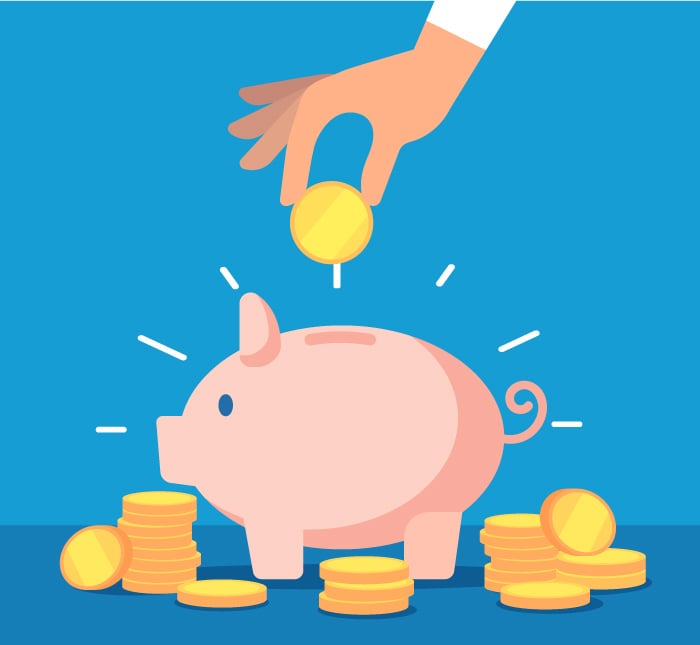Starting a business can be daunting and can seem financially out of reach. Fortunately, there are loans specifically available to help small businesses reach goals and access important resources. Here’s a guide to help you get started:
What is an SBA 7(a) Loan?
Lenders, like Wasatch Peaks, partner with the Small Business Association (SBA) to offer loan programs to help small businesses. These funds can be used in a variety of ways to reach long-term goals and help the business succeed. There are different types of specific SBA 7(a) loans to accommodate a range of businesses, including the SBA microloan program that specifically helps startups and early-stage businesses.
Business Plan
Before applying for the loan, you’ll need to calculate the amount that you need to borrow. This will include business expenses like rent, payroll, and product costs, along with any costs related to permits, fees, and licensing.
If you don’t already have a business plan written out, you’ll then need to write out your business plan in detail. Identify production and marketing strategies, cost and pricing, challenges you may face, and any other aspects that could help show that you have thoroughly thought through your business model and have a plan for at least the first year of business.
Apply and Qualify
To apply for an SBA 7(a) loan, you’ll need to fill out an application and submit your business plan. You may also need to supply tax returns, collateral, any contracts or agreements, income statements, and applicable licenses and permits. These documents will be utilized to verify and assess different parts of the business.
Because this type of loan is so popular, it can also be more competitive to qualify for it. Typically, SBA loans are approved by the lender, with the approval process taking into account a variety of factors. Most borrowers will need to have a good personal credit score or be able to provide information about several years of revenue to verify their history and credit worthiness.
Not all businesses will be eligible to receive loans from the SBA. While there are other restrictions that may make a business ineligible, the SBA lists the following as eligibility requirements:
- Operate for profit
- Be considered a small business, as defined by the SBA
- Be engaged in, or propose to do business in, the United States or its possessions
- Have reasonable invested equity
- Use alternative financial resources, including personal assets, before seeking financial assistance
- Be able to demonstrate a need for a loan
- Use the funds for a sound business purpose
- Not be delinquent on any existing debt obligations to the U.S. government
Using the Loan
The SBA enables lenders to provide loans like the 7(a) loan to help small businesses reach their goals. This means that you can use a 7(a) SBA loan for long-term goals like commercial real estate projects, business expansion or acquisition, leasehold improvement for new construction or remodeling, inventory and equipment, working capital and debt refinancing.
The majority of 7(a) loans have a repayment schedule with monthly payments that cover principal and interest. Some 7(a) loans are fixed-rate loans, while others are variable rate loans. The fixed-rate loans will have a consistent payment amount, while variable rate loan payments can fluctuate with the interest rate changes.
Your dreams and goals for your small business may be much more do-able than you previously thought. Once you qualify for an SBA 7(a) loan, you can build your business and start working towards your long-term business goals.



